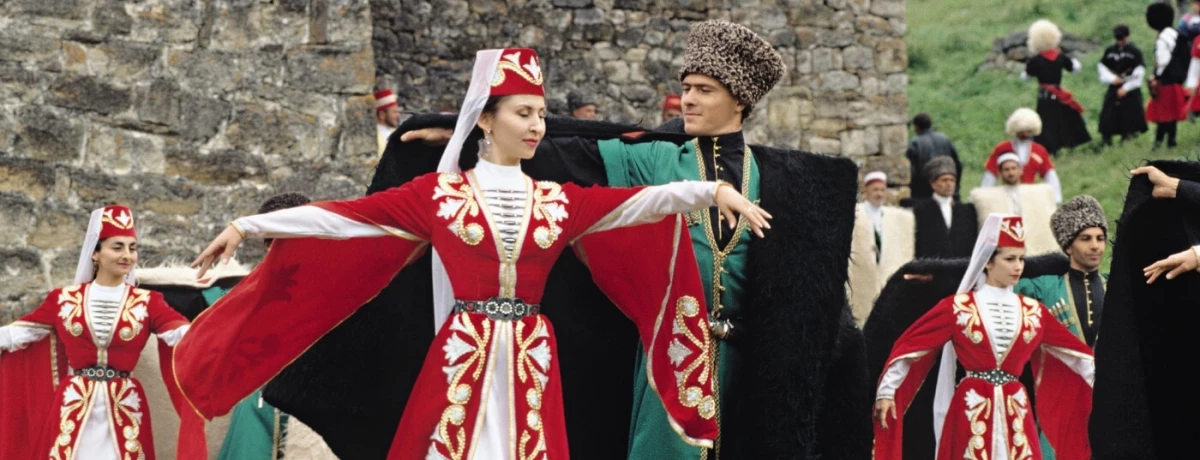
Ingush represent the indigenous people of the Caucasus, which has long been creating and keeps its centuries-old traditions. For centuries, the Ingush adhere to a special moral code, which underlies their lives and culture. In their villages and today there are a set of universal rules, the absolute authority of the elders, an extremely respectful attitude towards the elders.
Today there are about 700 thousand people in the world, ranking themselves to this nation. Most of them lives in the historic homeland, in Ingushetia, the region, where you can see the vintage customs and lifestyle, not changed over the past centuries. What are they - Ingush? What distinguishes them among other nations?
Pages of past
The name of the people occurred from the name of the village of Angusht, which since the XVIII century was one of the largest settlements in the Tarskaya Valley. Ingush themselves often call themselves halves.
According to historians, this naming is associated with the word "Gala", denoting the tower or fortress. This is quite a logical explanation, because in the old ancient of each Ingush kind had its own tower, in appearance and the state of which one could judge the material situation and the success of the family.
Ingushi is one of the autochthonous peoples of the North Caucasus. Most of them and in our days occupies land that many centuries belonged to their ancestors. In particular, it is Ingushetia and part of the regions of North Ossetia.
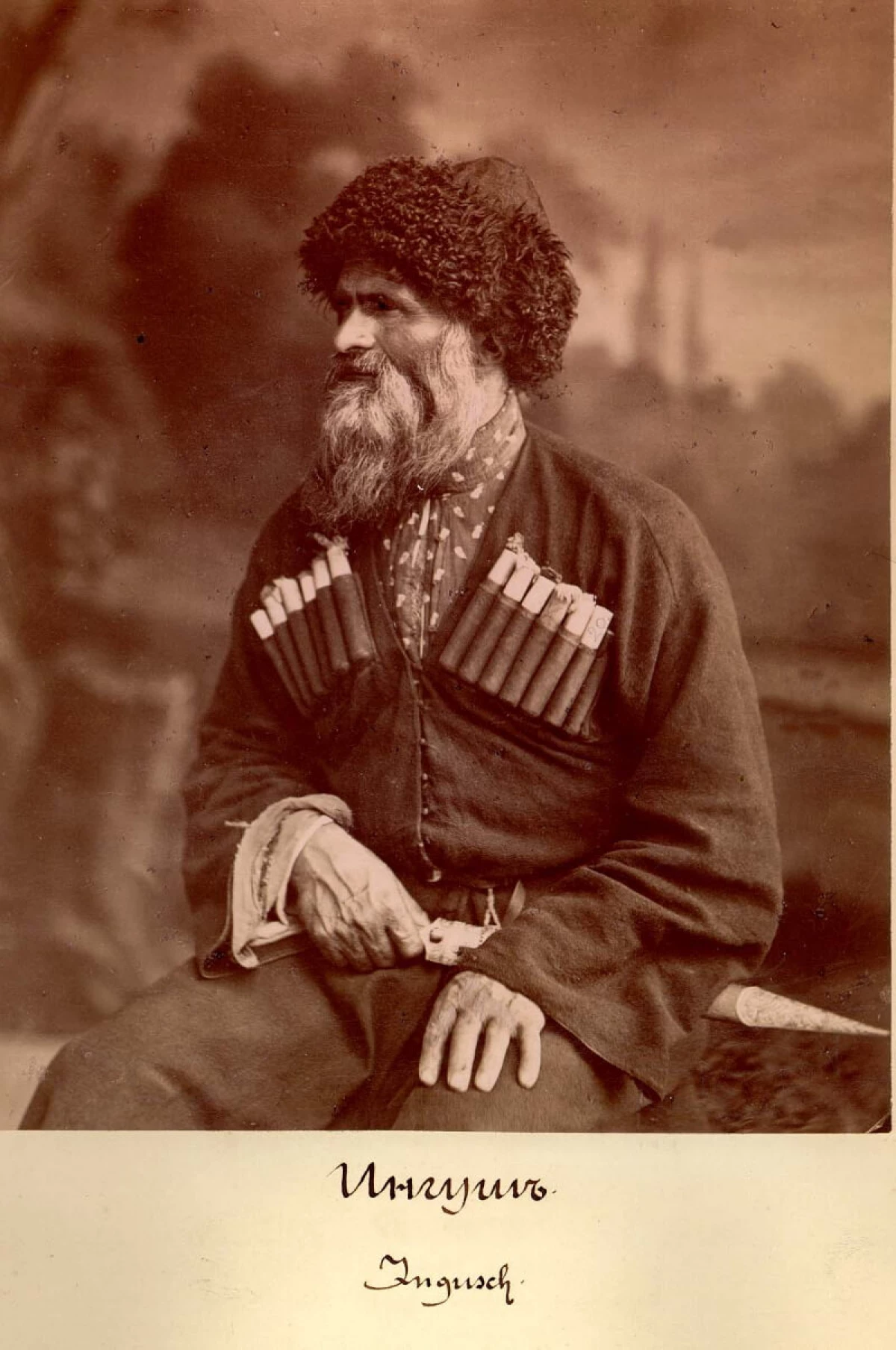
After entering the Russian Empire on the lands of Ingush, significant changes occur, and not all of them were positive. Part of the people did not want to endure the power of the Russians, because of what was forced to leave their homeland. Many Ingush was evicted in the Ottoman Empire, Kazakhstan, Central Asia.
According to historians, the ancestors of modern Ingush were carriers of an ancient Coban culture, which existed in the XII-9 centuries to our era. It is these tribes that are called "Caucasians" and "Dzurdzuki" in the sources, laid the foundations of a number of peoples of the North Caucasus, including the Ingush.
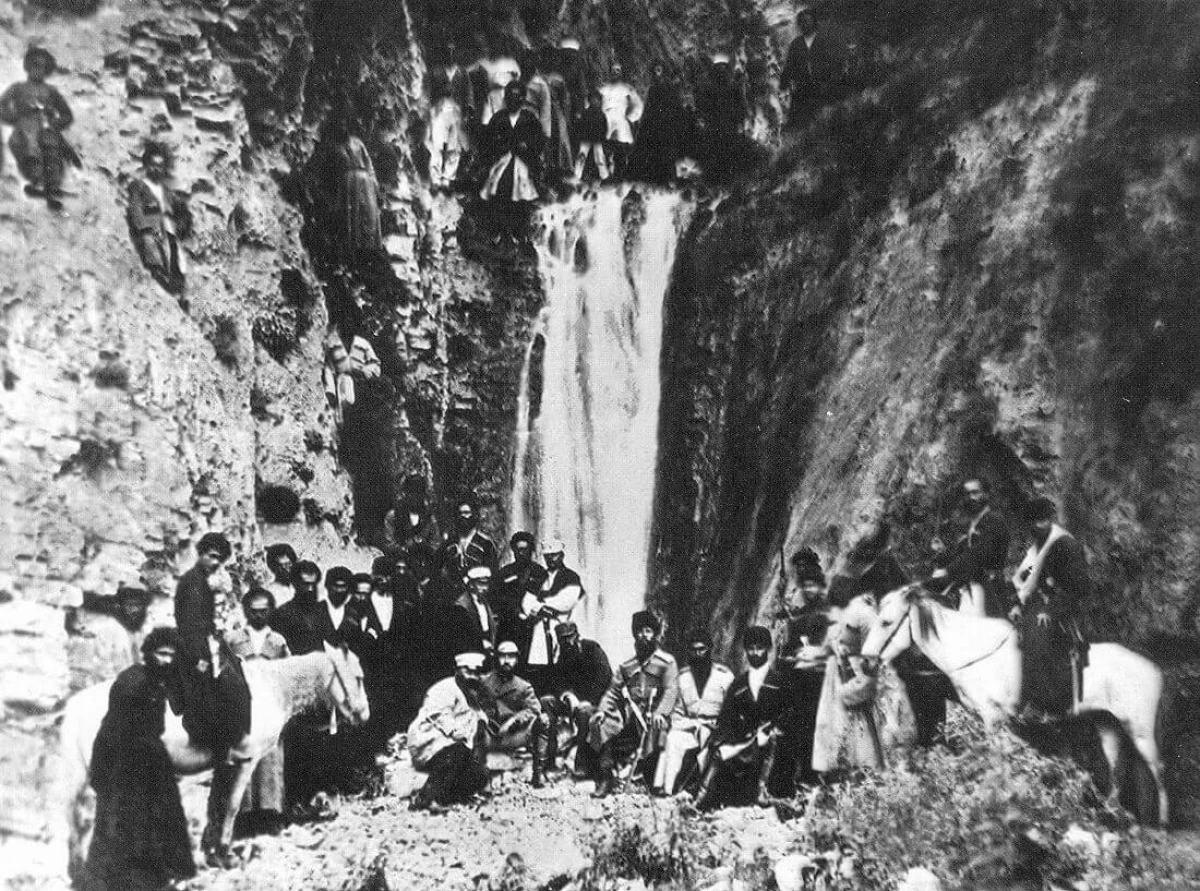
Ancient Greek historian Strabo in his writings mentions "Gargaras", which may well be the Ingush tribes. The ancient author indicated that this people inhabit North Caucasian lands bordering the ownership of Amazons.
Believers of Ingush
The initial beliefs of the Ingush were the local pagan representations of the world filled with patron spirits. Subsequently, Christian missionaries and adherents of Islam appear in Ingushetia, which began to actively spread their religion. Despite the fairly quick transition to new beliefs, even in the last century, there was a considerable percentage of pagans among the Ingush.
The "Encyclopedic Dictionary of Brockhaus and Efron" indicates the following:
"Ingush is mostly Muslim-Sunni, but are found among them and Christians, and perfect pagans. Muslims have spread out of them not earlier than half of the last century, in the ancient times the same Ingush were Christians, what many chapels and the remnants of old churches are evidenced, who use the ingun greater respect and in which they commit sacrifices will cope with various festivities, which are a mixture of Christian traditions and Pagan views. "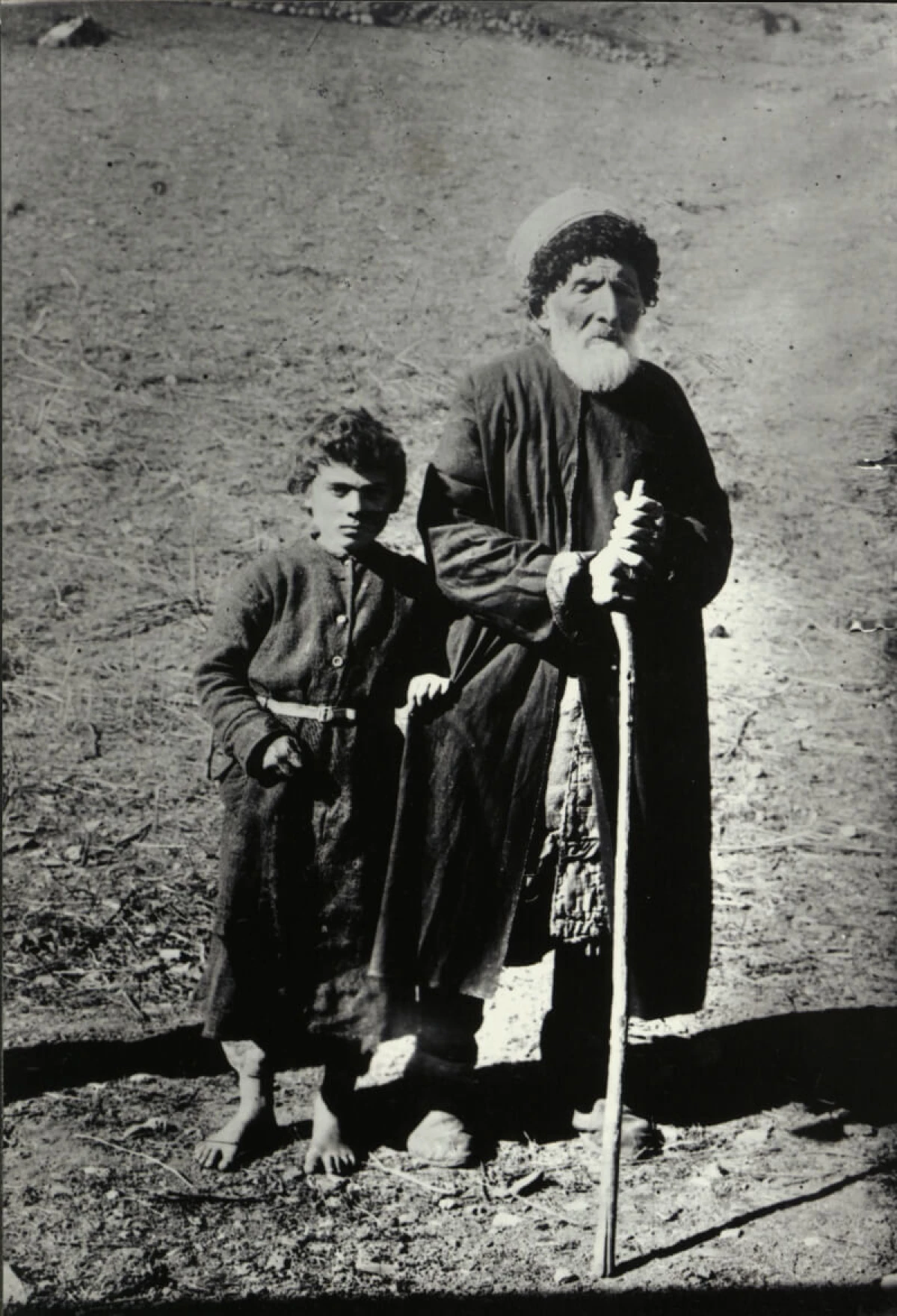
Appearance of Ingush
Ingushi, as anthropologists noted, represent the external type of their distant ancestors, and many features have almost changed with the progress of times. Distinctive features of representatives of the people are considered dark eyes and hair, high growth, a slim body, protruding chin.
For many centuries, the Ingush was considered pulp and harmony of advantages - both for a man and for a woman. Having a big belly, which advocates, was considered unworthy. That is why this people are very restrained in the amount of food acceptable, however, for guests makes an exception.
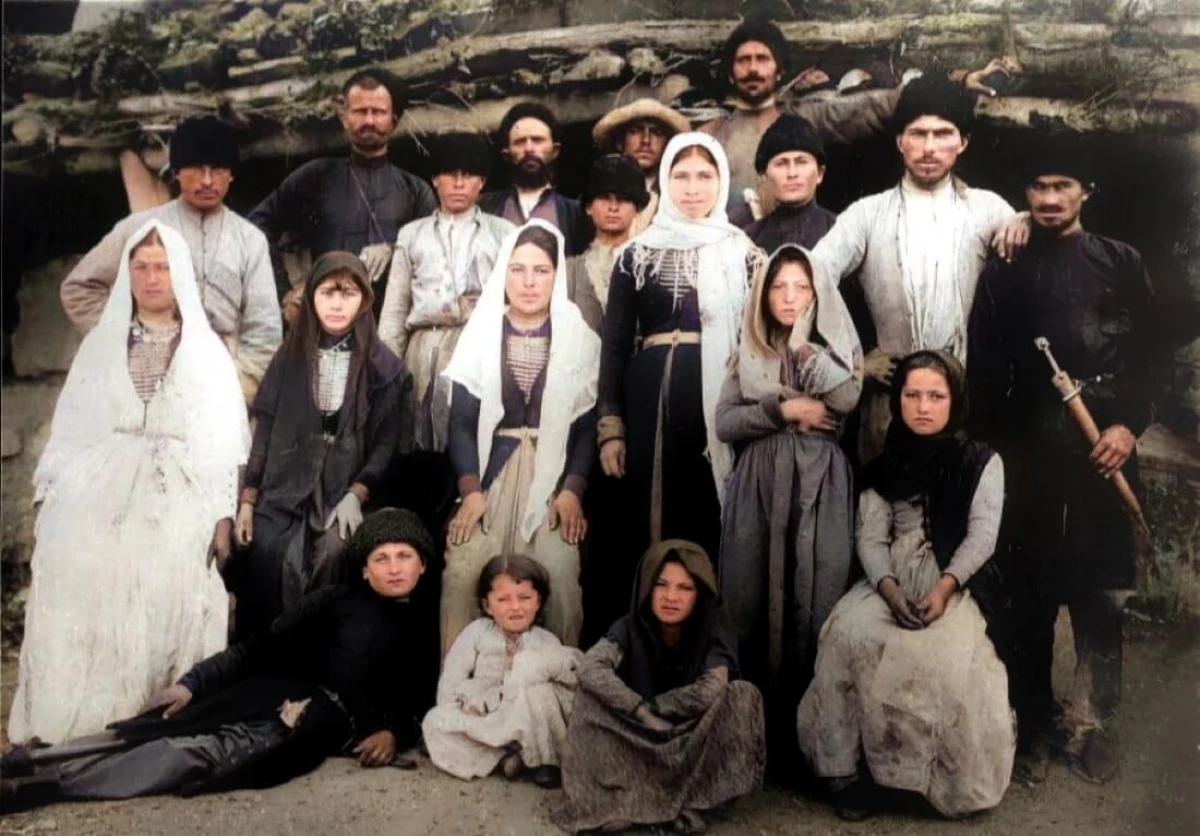
Residence - Tower
As I have already noticed, the traditional dwelling of the Ingush had an extremely unusual form. It was a tower of stone. In the height, such structures could reach 10-16 meters, and they were built mainly in the mountains and gorges. The walls of the towers were decorated with a carving by stone, all sorts of ornaments and generic symbols, emphasizing the status of tenants.
When meeting a man, Ingush paid attention to his tower, her condition. The house could have a lot of "tell" about his host. Of course, today these facilities are mostly representing only historical monuments and are not intended to live.
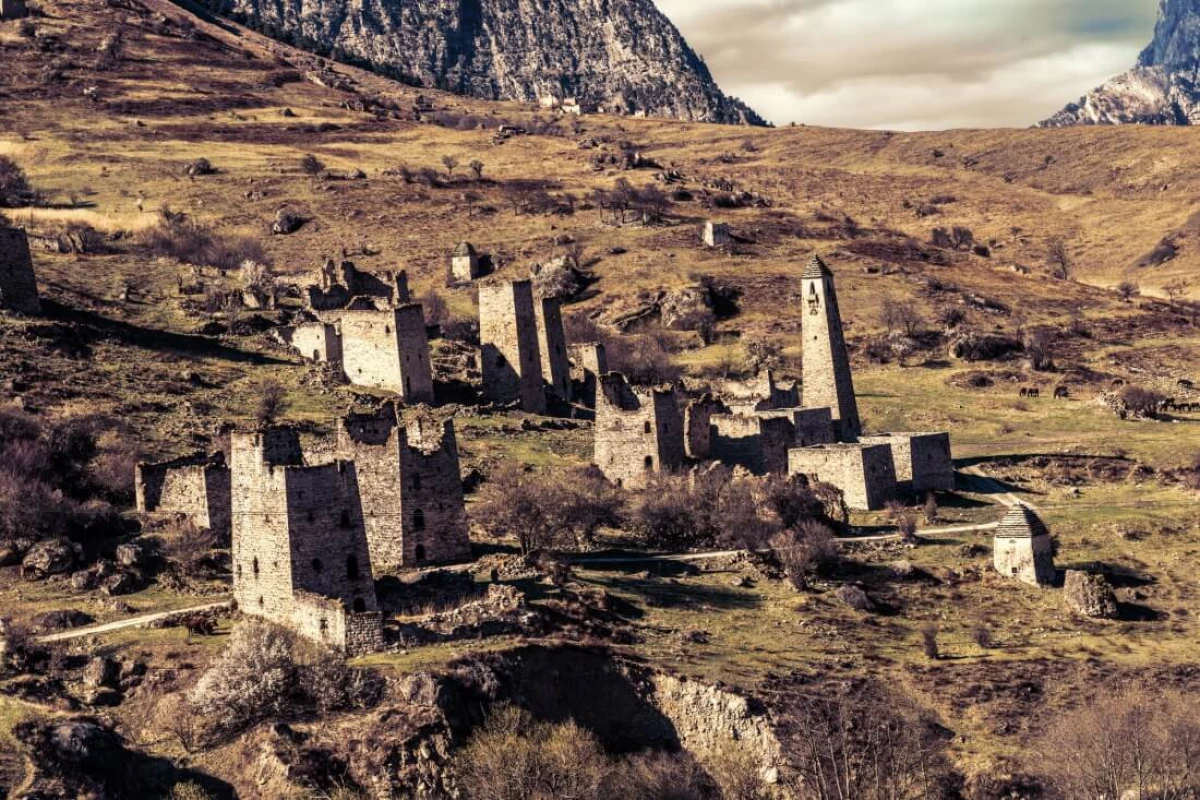
Clothing of Ingush
Traditional Ingush's clothing belongs to the general standard type. In a suit there are a nice shirt with a high gate, Beshmet, harees. Male outfit complemented the belt to which the dagger was attached. Ingush believed that it was impossible to get the dagger without extreme necessity. And delivering it, it is impossible to put into the sheath, without using. Even in a joke, it was impossible to wade a man with a weapon.
But in the event of a critical situation, during the struggle, the Ingush believed that the blow should be applied from above, which were devoted to many years of training. Nowadays, these customs are part of the history of Ingush, and traditional costumes can be seen during national holidays.
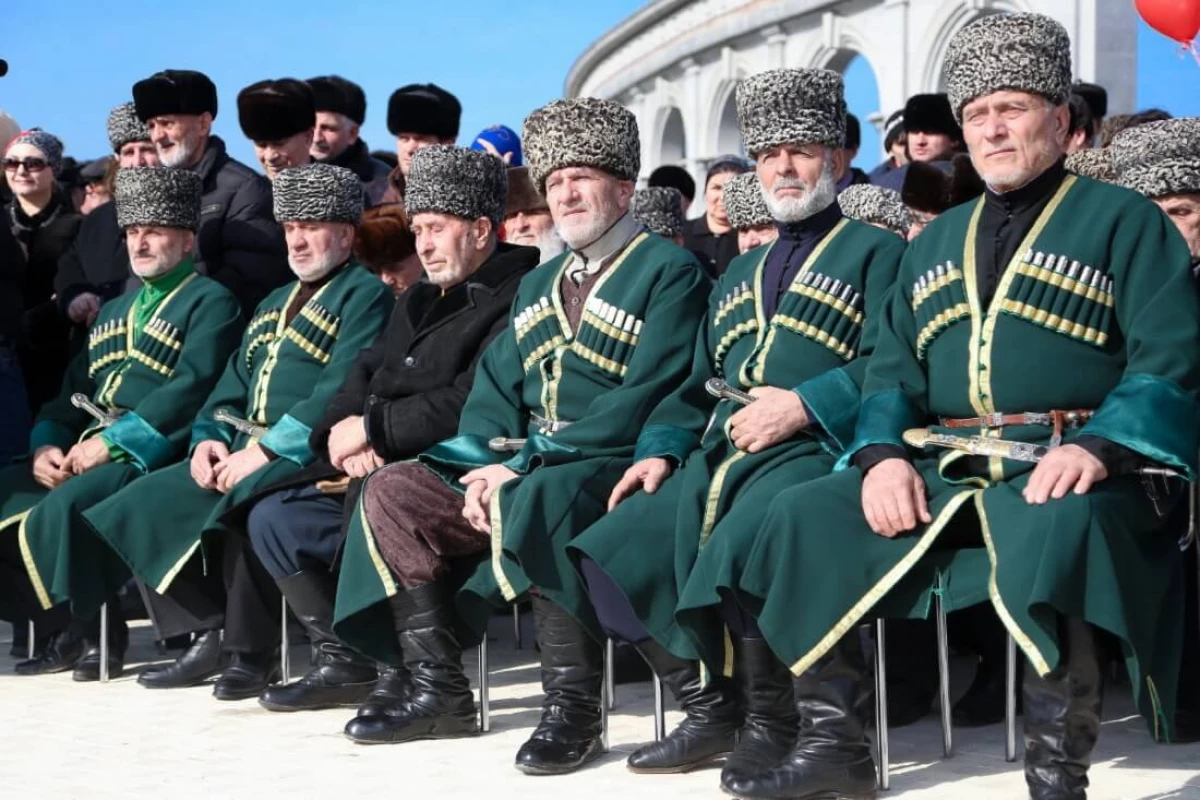
Ingushi - People, Holy Store Memory of the past, their centuries-old traditions of culture. For these people, history is not just acts associated with their edge, but also knowledge that the ancestors passed. Ingushi believe that it is this science that will help to avoid many mistakes admitted in the past, as well as to use the strengths of their nature and wisdom, which their former generations were given.
